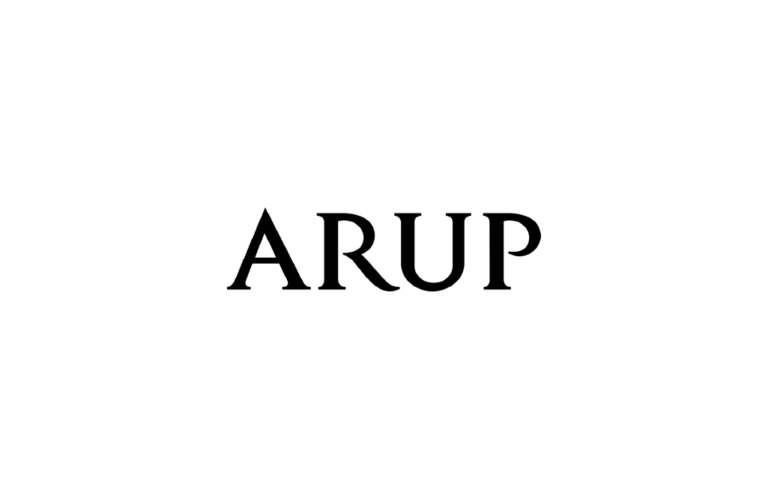Engineering and consultancy services firm, Arup is improving career opportunities for women through a development initiative designed and run by Pearn Kandola. Linked in to Arup’s inclusive leadership development programme, it encourages senior staff to recognise their own unconscious biases and teaches techniques to counteract them.Arup introduced the unconscious bias and one-to-one inclusive leadership coaching after reevaluating its approach to gender diversity. Statistics showed that women’s potential for senior roles was often overlooked. The firm, therefore, was keen to increase the number of females from 25 per cent to 35 per cent of the workforce, and ensure that 15 per cent of its leaders are women.These clear goals reinforce Arup’s strong ethos of fairness and equality which come from its trust ownership status, collaborative culture and the original vision and values of its founder, Ove Arup. The firm aims to create an environment ‘where each man or woman is respected for the job they do, and is doing his or her best because the atmosphere is right…’‘Rather than being about legislation, this was an opportunity to move the business forward,’ explains Paul Sharp, Head of Resourcing, Learning and Development. ‘We recognised that we could become a more effective organisation by better understanding how we make everyday, split-second decisions. We looked to Pearn Kandola to engage our people in this process and to give them the personal insight to be more successful leaders.’The programme uses Implicit Association Tests (IAT) where participants are asked to sort words and images into categories under time pressure. This seeks to uncover subconscious links, for example, between ‘family’ and ‘females’ and ‘careers’ and ‘men’.Initially the IATs were used with Arup’s top team to help them explore their personal biases. They then received one-to-one coaching to enable them to make sense of their own biases and to identify when they are most likely to have an impact at work and what they can do to eliminate this. Board members discussed the key themes with around sixty senior leaders, before they took part in the workshops. As a result, everyone had thought about the implications of a more diverse workforce, both from a business and personal perspective.The approach has definitely changed attitudes and behaviour, according to Paul: ‘From talking to individual leaders, we know that they are making different decisions and are more sensitive to bias as a consequence of this learning.‘For instance, some people now recognise that we need a way to tap into the potential of the many women who return to work part time after having a family. A few years ago they wouldn’t have considered them for promotion because of their work patterns. Others are involving senior team members when allocating work, so that decisions can be challenged and cast the net wider than the usual suspects.’The development initiative, as part of a wider programme of activity, has helped to address some of the challenges Arup was facing. As a result of this progress, the company has set a new goal of 40% of women in the business and 20% at leadership level.Commenting on the programme’s success, Paul adds, ‘Pearn Kandola has a unique understanding of what makes an innovative and productive learning experience. Their research-led approach also fits in well with our people, who have their own deep specialisms.’
Home › Case studies › Arup moves forward through better bias awareness
Arup moves forward through better bias awareness

Stay ahead of the game.
Get the latest on DEI, effective recruitment, and leadership development direct to your inbox.Related Posts
- Professional services
Taking inspiration from Pearn Kandola’s Mirror workshop, Ernst &Young (E&Y) is educating its managers to become more aware of personal...
- Professional services
Strongly committed to diversity, PricewaterhouseCoopers (PwC) aims to increase the number of women partners in the firm. Pearn Kandola’s Mirror...
- Professional services
With a strong coaching culture, people and companies aim higher and achieve more. Managers at PricewaterhouseCoopers (PwC) are getting more...
- Professional services
In 2013 WorleyParsons, a leading provider of engineering, procurement and construction management services to the resources and energy sectors, asked...
Free Consultation with a Business Psychologist
Talk to us to discuss your needs.
14 years’ experience
Jonathan Taylor, Managing Psychologist


